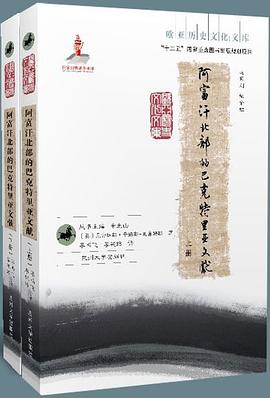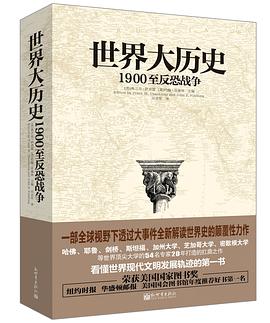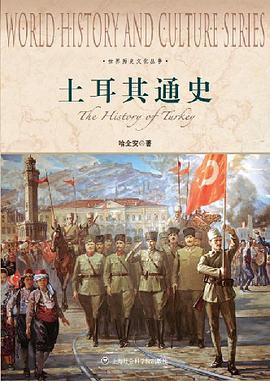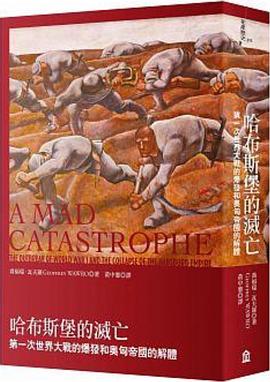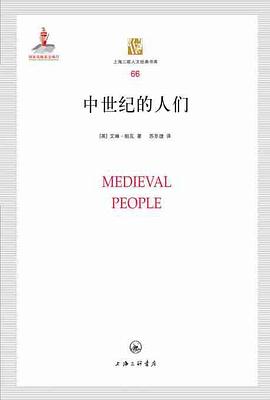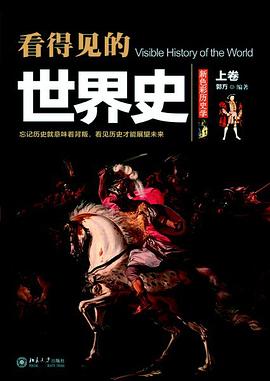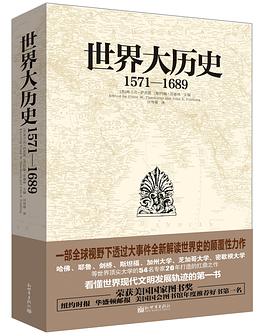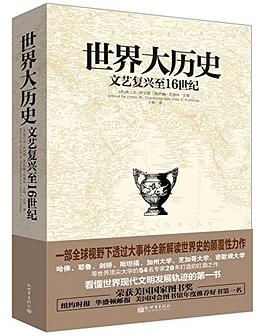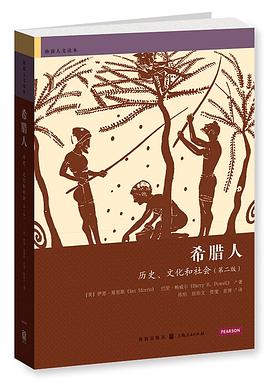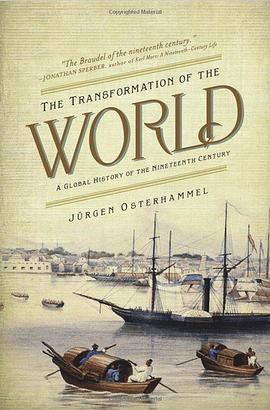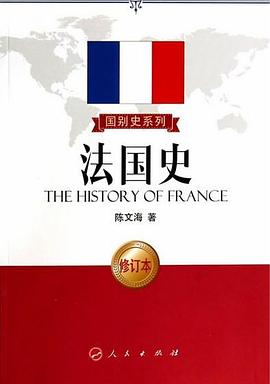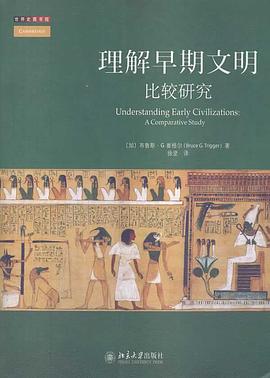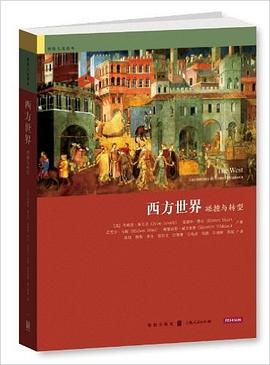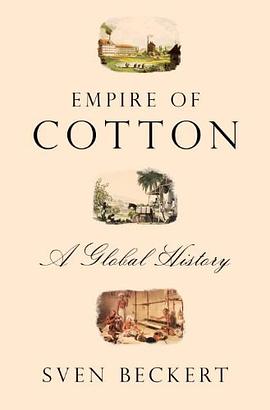

具体描述
The epic story of the rise and fall of the empire of cotton, its centrality to the world economy, and its making and remaking of global capitalism.
Cotton is so ubiquitous as to be almost invisible, yet understanding its history is key to understanding the origins of modern capitalism. Sven Beckert’s rich, fascinating book tells the story of how, in a remarkably brief period, European entrepreneurs and powerful statesmen recast the world’s most significant manufacturing industry, combining imperial expansion and slave labor with new machines and wage workers to change the world. Here is the story of how, beginning well before the advent of machine production in the 1780s, these men captured ancient trades and skills in Asia, and combined them with the expropriation of lands in the Americas and the enslavement of African workers to crucially reshape the disparate realms of cotton that had existed for millennia, and how industrial capitalism gave birth to an empire, and how this force transformed the world.
The empire of cotton was, from the beginning, a fulcrum of constant global struggle between slaves and planters, merchants and statesmen, workers and factory owners. Beckert makes clear how these forces ushered in the world of modern capitalism, including the vast wealth and disturbing inequalities that are with us today. The result is a book as unsettling as it is enlightening: a book that brilliantly weaves together the story of cotton with how the present global world came to exist.
作者简介
Sven Beckert is the Laird Bell Professor of American History at Harvard University. Holding a PhD from Columbia University, he has written widely on the economic, social, and political history of capitalism. He has been the recipient of numerous awards and fellowships, including from Harvard Business School, the Dorothy and Lewis B. Cullman Center for Scholars and Writers at the New York Public Library, and the Charles Warren Center for Studies in American History. He was also a fellow of the American Council of Learned Societies and the John Simon Guggenheim Memorial Foundation. He lives in Cambridge, Massachusetts.
目录信息
读后感
原载: 中华读书报,有少量改动。 数百年前,在棉花以自然的方式在全世界各地种植、加工的时候,人们不会意识到这个已经培育了数千年的农作物会对人类未来的生活产生如此巨大的影响。欧洲的自然气候不适合棉花生长,棉花在他们看来是一种遥远神秘的东方作物。中世纪的时候,民...
评分哥伦布发现了新大陆,世界迅速变成一张“人类之网”。茶、咖啡、香料、白银……财富聚散,帝国兴衰,掀动一页页篇章。葡、西、英、法、荷等国在15世纪之后的沉浮,以及与之相联系的美洲、亚洲国家的命运,必然与这些物品有关。 “它们重塑了世界”,这个说法虽近于滥用,但确然...
评分 评分公元11世纪之前,欧洲几乎没人见过棉花。从铜器时代到中世纪,那里的人们就一直穿由亚麻、兽皮或羊毛织成的衣物,进口的棉布非常罕见。在中世纪的民间传说中,棉花是如此遥远神秘,以至于人们认为它是长一种动植物杂交体“羊树”上的:白天,树端结出的棉羊在阳光下静静生长;...
评分用户评价
名为全球史,实际上仍然是西方中心的棉花史;解释西方兴起的war caplitalism无甚新意;对20世纪以来的历史着墨不多,强调西方棉花帝国的衰落,却忽视当今西方仍占据服装/棉花产业链的最上游。
评分棉花被商业化以来,一直是全球化的象征,是资本,劳动力,和国家权力的交织作用对象。棉花"帝国“的历史,是商业史,经济史,和政治史。 推荐。
评分资本和国家共同缔造的棉花帝国。
评分这本书一出版就获得空前成功。作为一本专注于特定商品的历史书,这本书胜在丰富的数据和高水平的学术标准。通过扎实的数据,这本书说明了棉花工业催化下的近现代资本主义进程。
评分把许多的历史换了一种方式组织了起来,读起来也挺有意思的
相关图书
本站所有内容均为互联网搜索引擎提供的公开搜索信息,本站不存储任何数据与内容,任何内容与数据均与本站无关,如有需要请联系相关搜索引擎包括但不限于百度,google,bing,sogou 等
© 2025 book.quotespace.org All Rights Reserved. 小美书屋 版权所有

